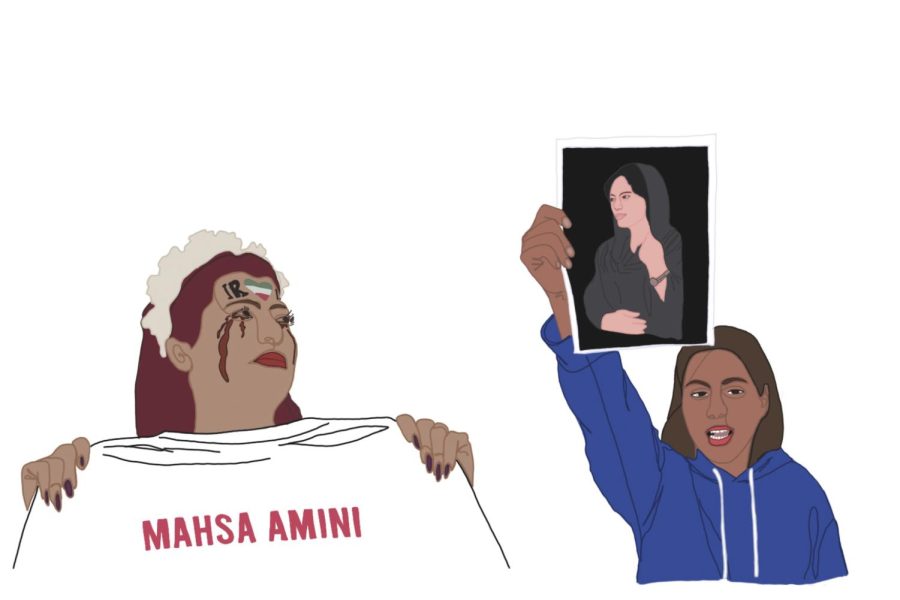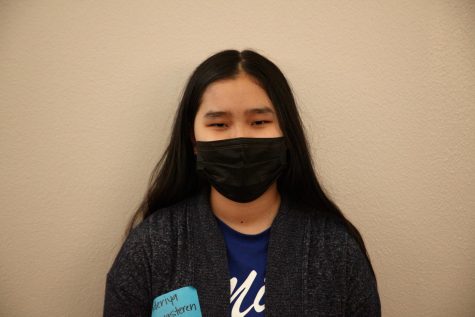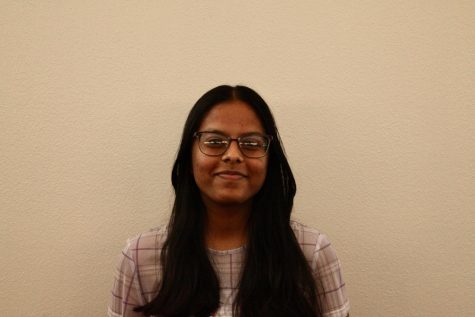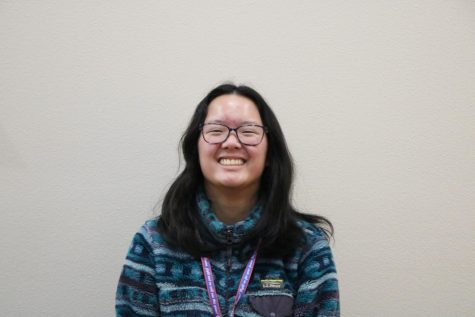Iranian Student Describes Her Experience With Morality Police
The death of Mahsa Amini led to widespread protests in Iran, which the Iranian government responded to with harsh punishments and violence.
December 16, 2022
At 7:00 a.m., Tara jogged across the bridge, next to her grandma’s apartment in Esfahan, Iran. The wind blew off her head scarf, revealing her dark brown hair. As she approached the other side of the bridge, the Iranian regime, known as the morality police, confronted her.
In Iran, the morality police watch for women who do not have their hijab worn according to Islamic dress code. As the morality officer stepped towards Tara, a current Creek student, she recalled her parents’ advice to speak in English to be seen as a tourist.
There’s a reason her parents warned her about this.
On Sept. 16, 2022, the news of Masha Amini’s death spread through the internet. The Iranian regime arrested her because she violated the Islamic dress code, and she died while in police custody.
Amini’s death sparked protests for women’s rights and the violence against them. Protesters, mostly women, are cutting their hair and burning their hijabs in public. In response, the government is attacking them with rubber guns and tear gas, and hospitals will not treat protesters.
Tara, who prefers not to use her last name for fear of retaliation against her family in Iran, was in the Math and Science Resource Center during her off period, when she first heard about Amini’s death, and she started to worry for her family and friends in Iran.
“I started bawling my eyes out like a lunatic,” Tara said. “It got so bad that even a teacher came up to me and asked me [if I was okay].”
For Tara, being in the United States when the protests started led to mixed emotions. Tara views living in the United States as an opportunity, but struggles with knowing the people of her country are fighting for their women’s rights.
She wanted to be a part of the protests in support of Iranian women, but she is grateful — and guilty — for not being in their shoes.
If Tara still lived in Iran, she would “wholeheartedly protest” against the Iranian government in support of her family and friends, yet she thinks protesters should shift their focus to social media because the government is responding to in-person protests with death and violence. According to NPR, over 300 protesters have died nation-wide.
While Tara would like to see these protests create change in the government’s treatment of women, she will not show support for the protests on social media because of her distance from Iran and the very real threat of retaliation against people protesting in person.
“If somebody [sees me advocating] and they go to fight, they are gonna end up dying [and] nothing will happen to me,” Tara said. “I feel like I don’t have any right to [tell] anyone to go protest because I am not there.”
Tara believes that religion is being misused by religious scholars as a source of oppression to make sure that women follow the Islamic dress code.
“A 50-year old man [told] me that I’m gonna go to Hell if I don’t have a hijab on [and that I am] gonna get raped — and unfortunately that is the case,” Tara said.
The protests have garnered outrage from non-Muslim women, which complicates the protests.
Junior President of Creek’s Muslim Student Association, Doaa Zarooq, does not see why the protests are turning into a larger movement of women’s rights in general and not specifically Muslim women’s rights.
“I talked about it with my family and tried to understand the side of the protesters,’’ Zarooq said. “[Since] most protesters aren’t Muslim, we don’t see [what they] should be worried about.”
Living in the United States has been tough for Tara, though she didn’t feel accepted in Iran either.
“I felt like an intruder,” Tara said. “People treated me as this luxury American girl that I didn’t want to be. The friends I [had saw me] as “money” much rather than a friend.”
Tara believes that Iranian women deeply influenced her growing up.
“[Iranian women have] made me the grounded person I am today,” Tara said. “[However,] I’m not proud of this situation and of not being able to do anything.”
























